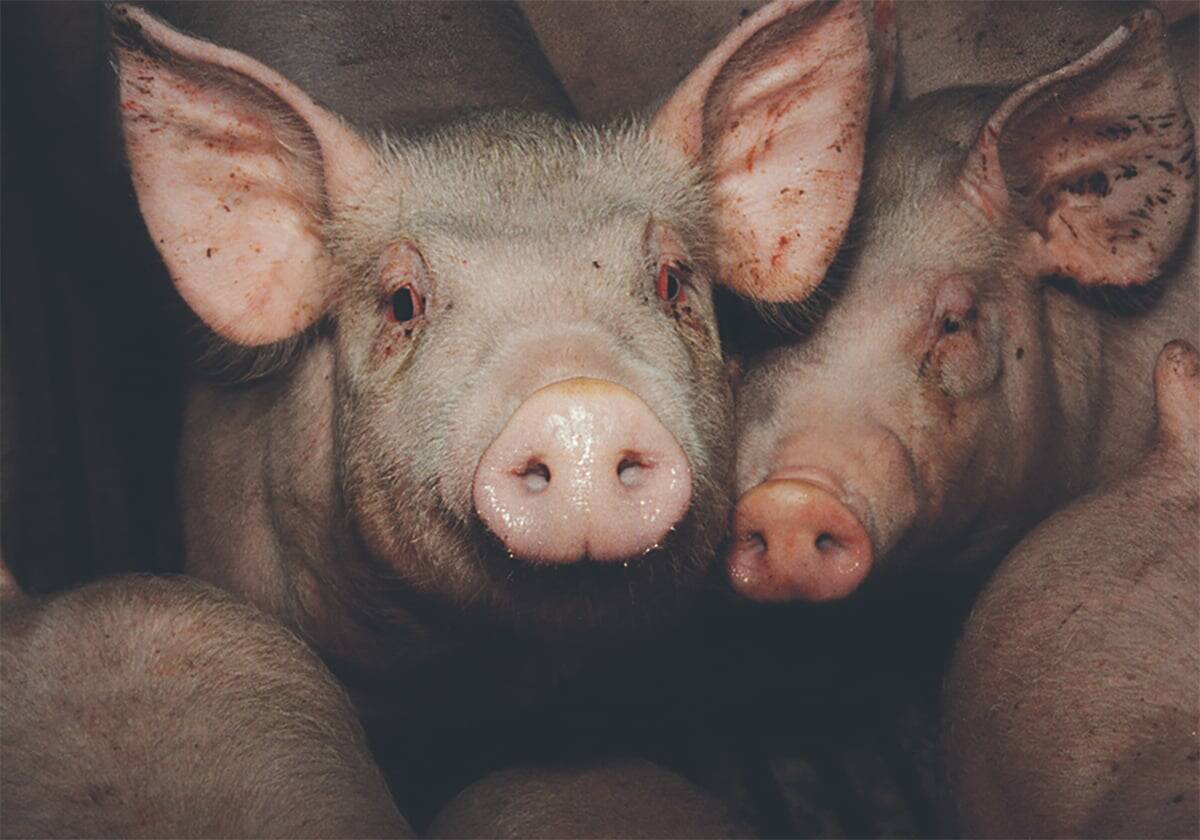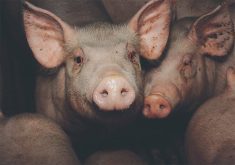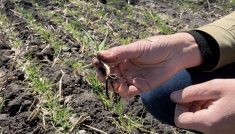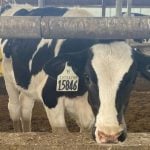New faces at the NFU:
The Saskatoon-based National Farmers Union has a new administration after incumbents Darrin Qualman and Terry Pugh resigned to pursue other opportunities.
Ross Hinther, a Saskatoon-area cattle and organic grains farmer, is the NFU’s new director of research. Kevin Wipf, formerly a political science and public policy instructor at the University of Alberta, is now the NFU’s executive director.
– Staff
AgriInvest locally:
Producers can now make their AgriInvest deposits at a participating financial institution of their choice. Producers must open an account at their local financial institution and make their 2009 AgriInvest deposit by the deadline indicated on their Deposit Notice to receive a matching contribution from governments. AgriInvest Deposit Notices will start to appear in producers’ mailboxes over the coming weeks. Existing funds currently held by the federal government will then be transferred to the producer’s AgriInvest account.
Read Also

Scientists discover cause of pig ear necrosis
A University of Saskatchewan team, through years of research, has discovered new information about pig ear necrosis and what hog farmers can do to control it.
– AAFC Release
Freeing up fodder:
France has authorized farmers to use set-aside land to feed animals to compensate for a drop in fodder output linked to adverse growing conditions that hit the country over the past weeks, the Farm Ministry said. Farmers have the option to leave part of their land aside in exchange for a guaranteed payment under the common agricultural policy (CAP). Hot, dry weather has stressed crops in some parts of France as grains harvesting gets underway.
Infected skeeters found:
The first West Nile-infected mosquitoes of the season were collected during the week of July 4 from an adult mosquito trap in West St. Paul. The numbers of Culex tarsalis mosquitoes trapped during the week of July 4 increased throughout southern Manitoba. The risk of exposure to West Nile virus is expected to continue to increase in the coming weeks, particularly with warm weather. Taking measures to prevent mosquito bites and reducing standing water around the home can help reduce the risk of West Nile virus exposure. – Staff
Heat stress:
A cattle feedyard operator said July 19 the unusual combination of extreme heat, high humidity and lack of wind has caused about 1,000 cattle deaths at its three Kansas feedyards. “Over the last 72 hours, we have been experiencing some of the most extreme summer weather that can occur in the cattle feeding industry,” Innovative Livestock Services Inc. said in a statement.
The company operates three Kansas cattle feedyards, which currently have a total of about 72,000 cattle. Other feedyards also report losses.
Pulse marketing supported:
Pulse Canada will receive $257,766 and the Canadian Special Crops Association will receive $35,450 to reach out to buyers at key international food shows and develop marketing materials to promote the industry, Agriculture Minister Gerry Ritz has announced.
Canada exported more than $2 billion of pulse products to more than 150 countries last year. About 75 per cent of Canadian pulse production is exported, accounting for about 40 per cent of the global trade. – AAFC Release More rain: Heavy rains of between 50 and 100 mm fell across central and northern Alberta and northwest and north-central Saskatchewan last week, adding to existing moisture excesses in low-lying areas. The eastern Prairies received lesser amounts of between 10 and 20 mm. Southern Alberta and southwestern Saskatchewan were mostly dry, but cooler-than-normal temperatures continued to slow crop development, which is now 10 to 14 days behind normal. The Peace River region remained dry and hot, creating concerns for reduced yields. – CWB
More with less:
”Precision agriculture” – new technologies which boost yields – will be needed increasingly to ensure sustain-ability of food output and protect the environment, the U. K.’s farm minister said July 19.
“The challenge is how to grow more with less,” secretary of state for environment, food and rural affairs, said in a keynote speech to a world sugar conference.
“The use of fuel in production of food will become an increasing challenge this century,” she added.














